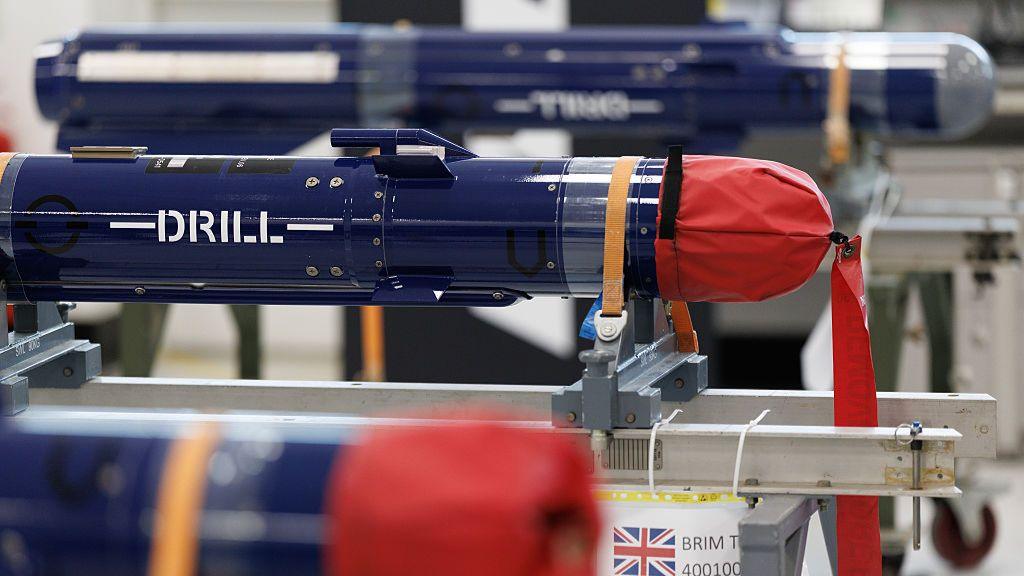The UK’s upcoming defense review will send a strong message to Moscow, according to Defence Secretary John Healey. He highlighted the daily cyberattacks launched by Russia against British military networks.
In an interview on Sunday, Healey emphasized the review’s aim to counter escalating Russian aggression in a rapidly changing global landscape.
The report, due Monday, will declare a “new era of threat,” underscoring the immediate danger posed by Russia and China. It will allocate £1.5 billion to construct six new munitions factories, revitalizing Britain’s industrial capacity.
This investment will boost UK munitions spending to £6 billion this parliamentary term, creating 1,800 jobs, the Ministry of Defence (MoD) announced. The plan includes establishing a continuous munitions production capability, readily scalable to meet evolving demands.
The procurement of long-range weapons, including drones and missiles, will occur over several years. Ministers stated this increased investment, following Healey’s commitment to raise defense spending to 3% of GDP by 2034, will strengthen the armed forces and stimulate the British economy.
The war in Ukraine exposed critical deficiencies in Western weapons production, a concern previously highlighted by British military officers regarding depleted stockpiles. Healey, during a visit to a Storm Shadow missile factory, confirmed plans to procure up to 7,000 UK-made long-range weapons.
He stated: “This is a message to Moscow. This demonstrates Britain’s commitment to strengthening its Armed Forces and industrial base, signifying our readiness to defend our interests.”
Concerns over the UK’s limited ammunition reserves have been voiced by senior Western military officials for some time. In 2021, a wargame simulation suggested the British army could exhaust most of its inventory within eight days.
Former British army chief, General Sir Patrick Sanders, also advocated for increased weapons production, emphasizing the army’s low stocks of artillery shells and missiles as a significant vulnerability.
The threat from Moscow has been central to the government’s messaging preceding the review, which assesses the future needs of the UK’s armed forces. Healey confirmed that Russia conducts daily cyberattacks, part of 90,000 attacks on UK military networks over the past two years.
The review will recommend establishing a new “cyber and electromagnetic command” to lead defensive and offensive cyber operations, working alongside the National Cyber Force.
Healey indicated that a significant increase in army personnel may not occur until after the next general election, prioritizing the reversal of previous declines in troop numbers. He expressed hope that the army’s 73,000-soldier target would be met in the following parliamentary term.
Sir Keir Starmer pledged to increase defense spending to 2.5% of GDP by 2027, while the Conservatives aim for 3% before the next election. Liberal Democrats criticized the 3% target as insufficiently urgent.
Healey declined to comment on reports that the UK is considering acquiring American combat aircraft capable of carrying tactical nuclear weapons, as reported by the Sunday Times. He emphasized the importance of maintaining a nuclear capability for national security, citing Vladimir Putin’s apprehension regarding such capabilities.
Sir Simon Case, a former top civil servant, argued that diversifying nuclear launch systems would enhance the UK’s resilience and flexibility.
The strategic defense review, announced last July, will be published on Monday.

